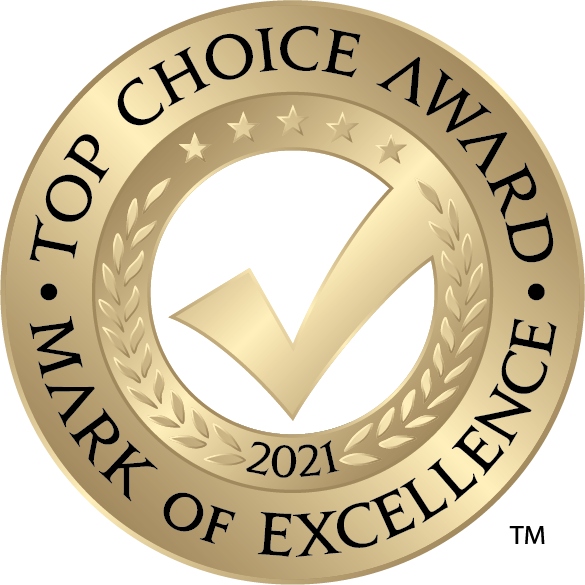In our current labour framework, immigrants who come to Canada with extensive experience and want to obtain a Canadian license, still need Canadian experience to do so. This may change, however, with the introduction of a new law.
Proposed Working for Workers Act lessens Licensing Requirements for Internationally Trained Immigrants
On October 25, 2021, the Ontario Government introduced the Working for Workers Act (the “WWA”), which, if passed, would provide easier licensing requirements for internationally trained immigrants. The proposed changes seek to remove many significant barriers internationally-trained immigrants face, such as the requirement for Canadian work experience when attempting to get licenced in certain regulated professions. The government hopes that removing barriers to practice for internationally-trained immigrants will help address problematic labour shortages currently felt in the province.
As Monte McNaughton, Minister of Labour, Training and Skills Development, said with the release of the proposed legislation:
“Ontario is facing a generational labour shortage with hundreds of thousands of jobs going unfilled. However, all too often, newcomers in this province struggle to find jobs in their regulated profession for no other reason than bureaucracy and red tape.”
To help remove the “bureaucracy and red tape,” the government is proposing changes to the Fair Access to Regulated Professions and Compulsory Trades Act, 2006.
Fair Access to Regulated Professions and Compulsory Trades Act, 2006
The Fair Access to Regulated Professions and Compulsory Trades Act, 2006, (the “Act”) was proclaimed by the provincial government on March 1, 2007. The primary focus of the Act is to break down barriers and help internationally trained professionals enter and practise their respective professions. The Act requires that the province’s regulated professions adopt fair, transparent, impartial and expeditious registration practices. The Act covers professions in 15 regulatory bodies.
They further established the Office of the Fairness Commissioner (the “OFC”) which is mandated to oversee the registration practices of the province’s regulated professions. The office requires that the regulated professions review their own registration practices, submit annual reports to the OFC and undergo compliance audits.
Foreign or Internationally Educated Persons Defined
A foreign or internationally educated person is someone who was trained in a country other than Canada to practise a regulated profession or trade. The term covers both Canadians who have gone abroad for training and immigrants.
Compulsory Trade Defined
A compulsory trade is a trade in which registration as an apprentice, journeyperson candidate or certification as a journeyperson is mandatory. The legislation would apply to licensing bodies governing engineers, architects, teachers, accountants and social workers, among other occupations but it would not affect those regulating medical professions, including those that are licensed doctors and nurses. Also, it would help internationally trained workers in 23 trades, including electricians, plumbers, and hoisting engineers.
Canadian Work Experience
Most applicants to Ontario’s regulated professions have been required to provide evidence of relevant work experience before they can get licences. This experience can take various forms:
- practical training
- internship
- practicums
- bridging programs
- mentorship
- residency
- “active engagement” in the profession
According to the OFC, “internationally trained applicants are often frustrated by this experience requirement.” According to the Commissioner, thirty-eight regulated professions (in 35 separate regulatory bodies) licensed people in 2011, and 26 of those professions require work experience. Of those 26, 15 require Canadian experience, including 6 that specifically require Ontario experience.
The WWA proposes a number of changes to these requirements. Specifically, a regulated professional shall not require as a qualification for registration that a person’s experience be Canadian experience unless an exemption from the prohibition is granted by the Minister for the purpose of public health and safety in accordance with the regulations. The Act further provides that a regulated profession may apply for an exemption by submitting appropriate supporting documentation and providing reasons that an exemption is necessary for the purposes of public health and safety.
Language Requirements
The WWA requires regulated professions to ensure they comply with any regulations respecting English or French language proficiency testing requirements. If the OFC concludes that a regulation or by-law made by a regulated profession includes an English or French language proficiency testing requirement that contravenes the regulations made under the WWA, the OFC may make an order requiring the regulated profession to exercise any power or powers that it has to amend or revoke the regulation or by-law made by the regulated profession.
With these changes the government hopes to reduce burdensome duplication for official language proficiency testing, so people would not have to complete multiple tests for purposes of immigration and professional licencing.
Expedited Processes in Case of Emergency
The WWA provides that a regulated profession shall ensure that, in case of emergency, it complies with any regulations respecting expedited registration processes that may apply. The government has stated that it hopes that applicants will be able to register faster in their regulated professions when there are emergencies (such as a pandemic) that create an urgent need for certain professions or trades.
Supporting Access of Internationally Trained Individuals to Regulated Professions
The WWA further provides that for the purposes of its administration, the Minister may support the access of internationally trained individuals to regulated professions by, for example:
(a) providing information and assistance to internationally trained individuals who are applicants or potential applicants for registration by a regulated profession with respect to the requirements for registration and the procedures for applying;
(b) conducting research, analyzing trends and identifying issues related to the purposes of this Act or to the registration of internationally trained individuals by regulated professions; and
(c) providing information to organizations that deal with internationally trained individuals, such as ministries, government agencies, regulated professions, community agencies, educational and training institutions and employers, on government programs and services that support the registration of internationally trained individuals in the regulated professions and on fair registration processes within such organizations.
Contact the Immigration Lawyers at Prudent Law in Mississauga for Comprehensive Canadian Immigration Services
As noted above, the WWA is only at first reading and is not currently in force. The immigration lawyers at Prudent Law in Mississauga will continue to monitor the Act through second and third reading and whether it receives royal assent in its current form. We provide practical advice on all immigration law matters and can help ensure that you or your employees meet the legislative requirements for working in Canada. If you have a question about the Working for Workers Act or about immigration issues generally, you can contact one of our experienced immigration lawyers online or by phone at 905-361-9789.







